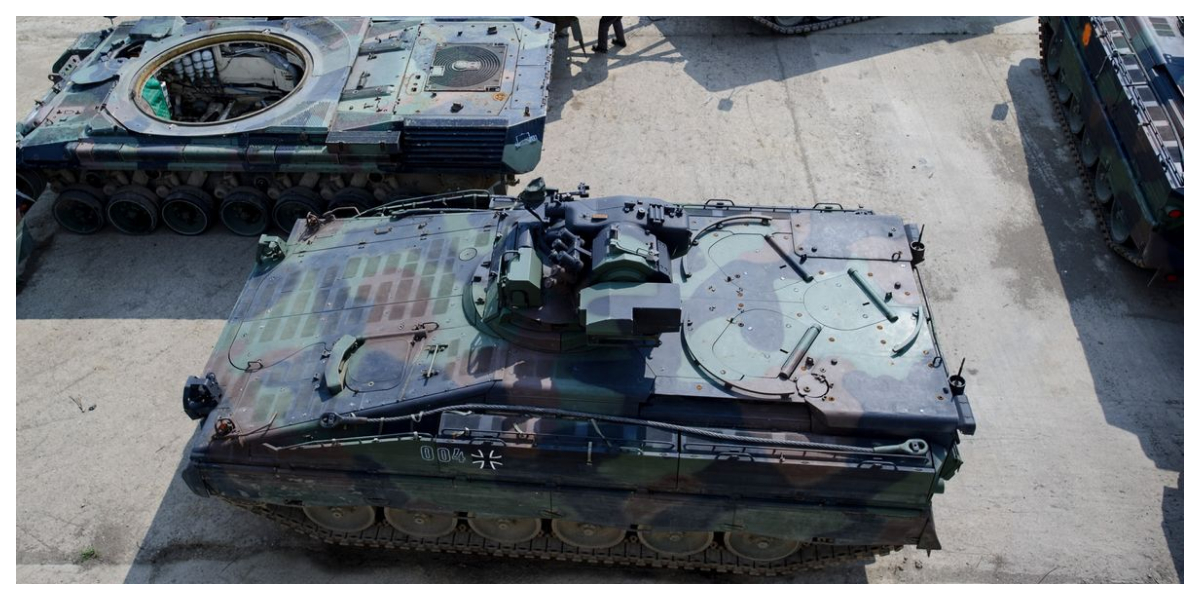Germany said Tuesday it might ship anti-aircraft tanks to Ukraine, in a clean transfer in Berlin’s careful policy on army backing for Kyiv that became welcomed by way of the United States.
The government has agreed to log out the transport of used Gepard anti-aircraft tanks, Defence Minister Christine Lambrecht told a global assembly of defence ministers on the US Ramstein airbase.
The pass comes after a heavy complaint of Chancellor Olaf Scholz for refusing to directly ship heavy guns to Ukraine, despite pronouncing a “turning point” in German defence policy in reaction to Russia’s invasion.
US Defense Secretary Lloyd Austin said the pledge to send “some 50 Cheetah anti-aircraft systems”, the English name for the weapons, was “especially welcome”.
Austin was speaking at the end of a meeting of 40 countries at the airbase in southwestern Germany aimed at bolstering the defence capabilities of Ukraine.
Other European countries delivering heavy weapons to Ukraine include France, which is providing Caesar cannons with a range of 40 kilometres (25 miles), and Britain, which is sending Starstreak anti-air missiles and tanks.
The Gepard tanks will not come from the German army but from stocks held by the Krauss-Maffei Wegmann (KMW) arms group, government sources told AFP.
They were taken out of service 10 years ago and need to be technically upgraded, the sources said.
Lambrecht admitted that the Bundeswehr’s weapons stocks are limited, but said it will turn to the inventory of Germany’s armaments manufacturers to help Ukraine.
“Ukraine orders and Germany pays,” she said.
Scholz in February announced an overhaul of Germany’s typically timid defence policy in response to Russia’s invasion of Ukraine, but critics say the chancellor has since failed to take enough concrete action.
They accuse Scholz of weak leadership and say his Social Democrats (SPD) are too reluctant to break from their historic policy of detente towards Moscow.
Scholz has even faced criticism from within his own coalition government, a partnership between the SPD, the Greens and the liberal FDP.
The chancellor has justified his cautious approach by saying he wishes to avoid a direct confrontation between NATO and Russia, a nuclear power.
But according to a draft document seen by AFP on Tuesday, the three coalition parties now plan to present a joint proposal in parliament calling for the delivery of heavy weapons to Ukraine.
The report calls on the government to “maintain and, where viable, boost up the transport of important gadgets to Ukraine, consisting of extending the delivery of heavy weapons and complex structures”.
It also suggests that Ukrainian squaddies should be trained in Germany and different NATO countries to function the weaponry

















